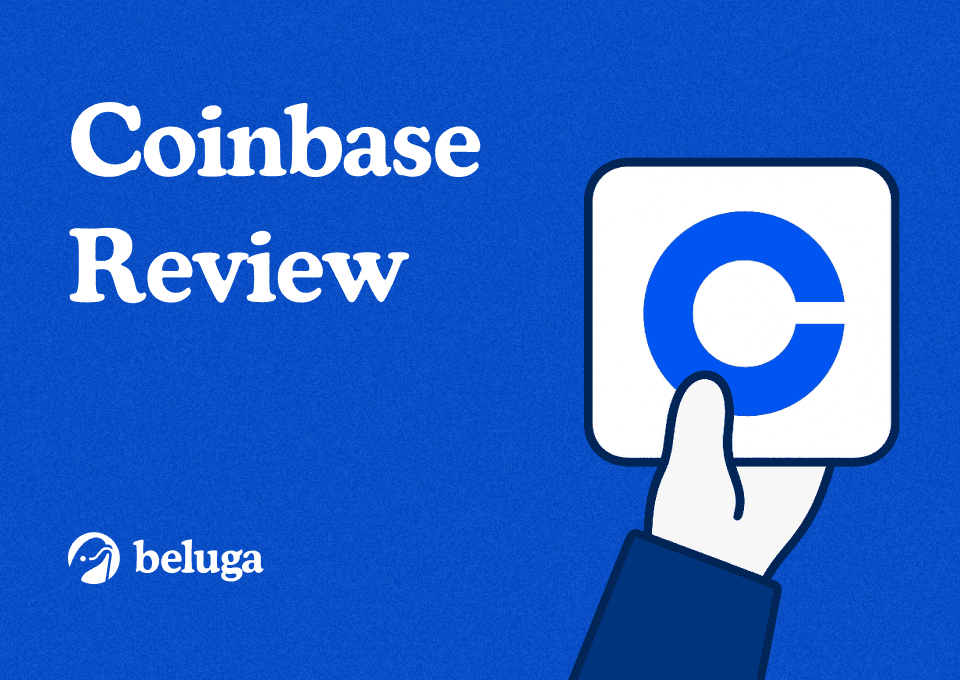Coinbase Review
By Will Tolmie Updated July 14, 2025

Summary
- Coinbase is one of the most accessible and regulated crypto platforms, with a clean interface, educational tools, and support for users in over 100 countries.
- While ideal for newcomers, Coinbase’s higher fees, limited token coverage compared to competitors, and slow customer service may put off more advanced users.
Coinbase is a leading cryptocurrency platform aiming to make the experience of buying, selling and storing cryptocurrency simple, secure and accessible to everyone. Founded in 2012 by Brian Armstrong, Coinbase has grown to become one of the most trusted names in crypto, serving over 100 million verified users across more than 100 countries. The platform also offers a user-friendly, non-custodial wallet with seamless integration into the broader Coinbase ecosystem, allowing users to send, receive and store crypto as well as interact with decentralized apps all in one place.
Pros & Cons
Pros & Cons
Beluga Review
Beluga Review
Perhaps the most prominent cryptocurrency exchange, Coinbase has long attracted cryptocurrency newcomers in search of a straightforward way to buy and sell digital assets. Setup on the platform is extremely simple, requiring just a few personal details. Once your account has been created, the interface is clean and packed with educational resources for beginners. With support for hundreds of cryptocurrencies and NFTs, Coinbase offers broad exposure to the digital asset ecosystem right out of the gate. Coinbase is also known for its status as one of the few crypto platforms that is publicly traded and regulated in the United States.
One standout feature of Coinbase is Coinbase Wallet. As a self-custody wallet, this feature gives users full control over their assets, meaning that users hold the keys to their funds, not the Coinbase. This added layer of autonomy appeals to users looking for more security and personal ownership of their crypto. Another advantage of Coinbase is the exchange's ability to provide rewards to users for holding USDC, a US dollar-pegged stablecoin.
At the same time, Coinbase has its trade-offs. The platform typically charges higher fees and spreads its competitors, which can chip away at gains over time. Additionally, despite Coinbase's popularity, its customer service remains a common complaint, with many users disapproving of the platform's long response times for contact with a human. While it supports a broad array of digital assets, it still covers fewer tokens than some competitors, which may limit flexibility for more experienced users. Still, for anyone getting initiated into crypto, Coinbase remains one of the easiest and most trusted ways to enter the space.
Join the Beluga Brief
Dive deep into weekly insights, analysis, and strategies tailored to you, empowering you to navigate the volatile crypto markets with confidence.